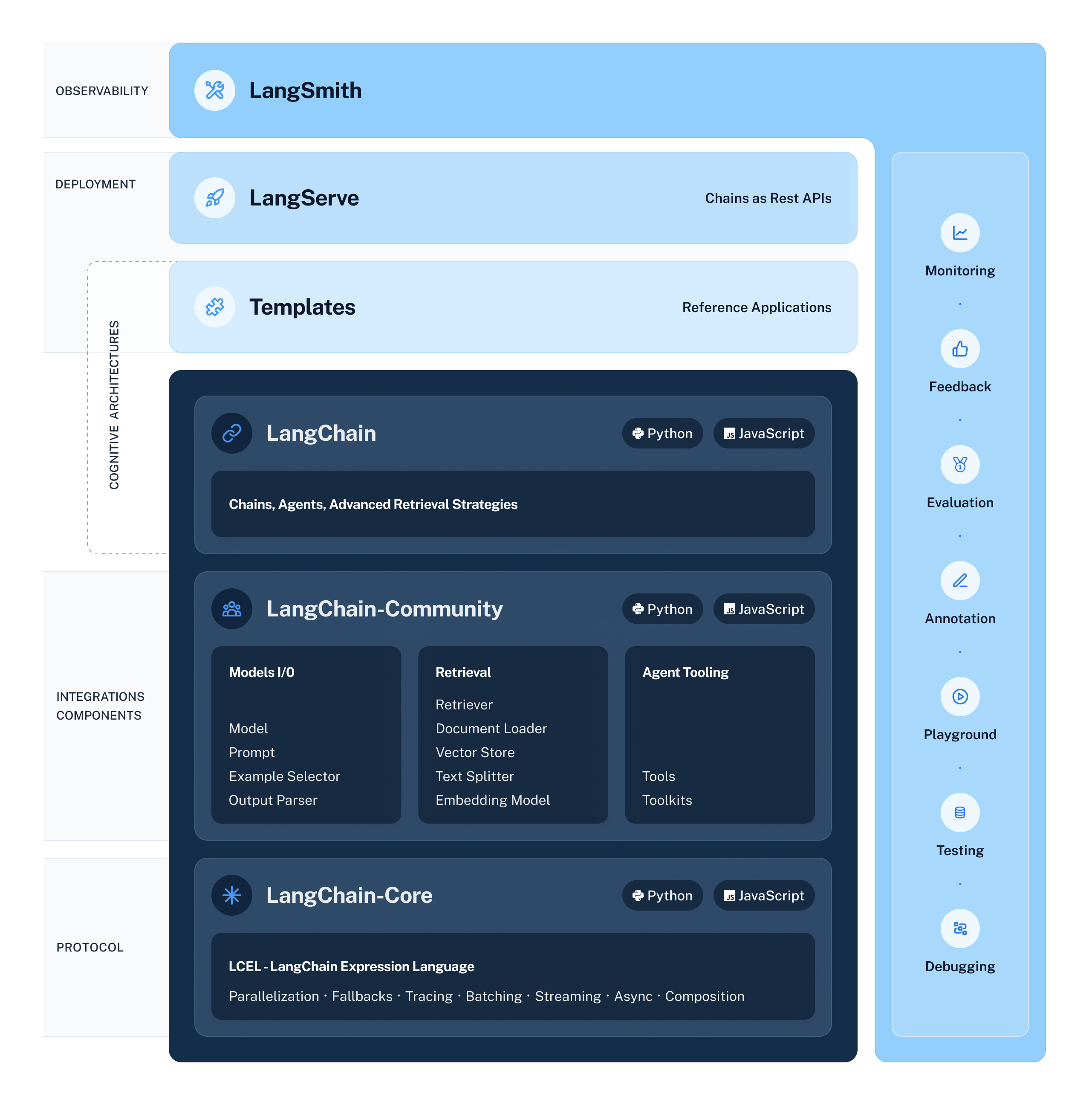mirror of
https://github.com/hwchase17/langchain
synced 2024-11-02 09:40:22 +00:00
This PR improves on the `CassandraCache` and `CassandraSemanticCache` classes, mainly in the constructor signature, and also introduces several minor improvements around these classes. ### Init signature A (sigh) breaking change is tentatively introduced to the constructor. To me, the advantages outweigh the possible discomfort: the new syntax places the DB-connection objects `session` and `keyspace` later in the param list, so that they can be given a default value. This is what enables the pattern of _not_ specifying them, provided one has previously initialized the Cassandra connection through the versatile utility method `cassio.init(...)`. In this way, a much less unwieldy instantiation can be done, such as `CassandraCache()` and `CassandraSemanticCache(embedding=xyz)`, everything else falling back to defaults. A downside is that, compared to the earlier signature, this might turn out to be breaking for those doing positional instantiation. As a way to mitigate this problem, this PR typechecks its first argument trying to detect the legacy usage. (And to make this point less tricky in the future, most arguments are left to be keyword-only). If this is considered too harsh, I'd like guidance on how to further smoothen this transition. **Our plan is to make the pattern of optional session/keyspace a standard across all Cassandra classes**, so that a repeatable strategy would be ideal. A possibility would be to keep positional arguments for legacy reasons but issue a deprecation warning if any of them is actually used, to later remove them with 0.2 - please advise on this point. ### Other changes - class docstrings: enriched, completely moved to class level, added note on `cassio.init(...)` pattern, added tiny sample usage code. - semantic cache: revised terminology to never mention "distance" (it is in fact a similarity!). Kept the legacy constructor param with a deprecation warning if used. - `llm_caching` notebook: uniform flow with the Cassandra and Astra DB separate cases; better and Cassandra-first description; all imports made explicit and from community where appropriate. - cache integration tests moved to community (incl. the imported tools), env var bugfix for `CASSANDRA_CONTACT_POINTS`. --------- Co-authored-by: Erick Friis <erick@langchain.dev> |
||
|---|---|---|
| .. | ||
| langchain_community | ||
| scripts | ||
| tests | ||
| Makefile | ||
| poetry.lock | ||
| pyproject.toml | ||
| README.md | ||
🦜️🧑🤝🧑 LangChain Community
Quick Install
pip install langchain-community
What is it?
LangChain Community contains third-party integrations that implement the base interfaces defined in LangChain Core, making them ready-to-use in any LangChain application.
For full documentation see the API reference.
📕 Releases & Versioning
langchain-community is currently on version 0.0.x
All changes will be accompanied by a patch version increase.
💁 Contributing
As an open-source project in a rapidly developing field, we are extremely open to contributions, whether it be in the form of a new feature, improved infrastructure, or better documentation.
For detailed information on how to contribute, see the Contributing Guide.


